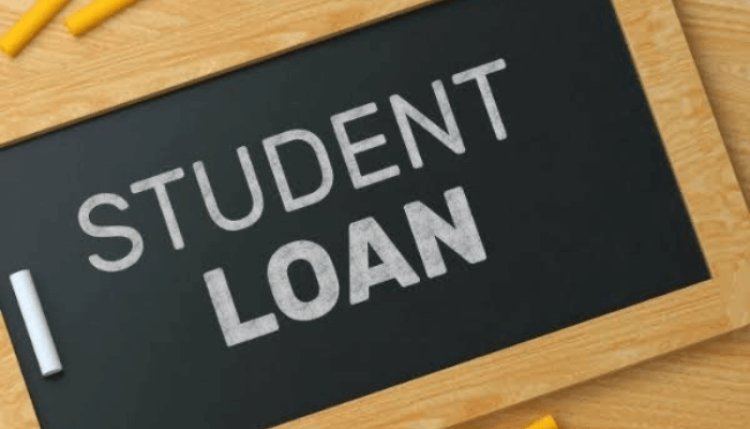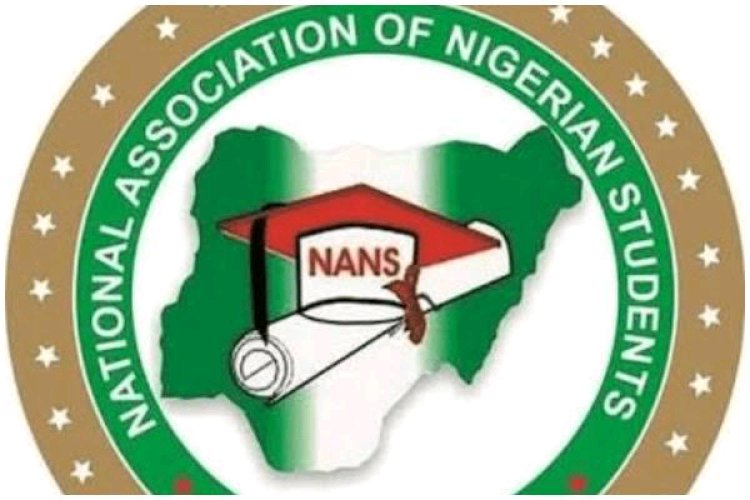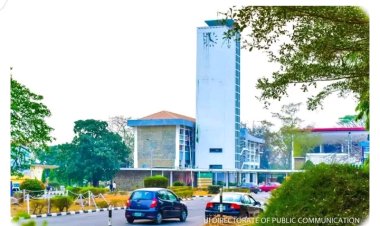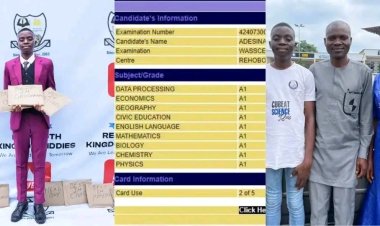NANS Urges FG to Implement Five-Year Grace Period for Student Loan Repayment Post-NYSC
The public hearing, organized by the Senate Committee on Education and TETFUND, and the House of Representatives Committee on Student Loan, Scholarship, and Higher Education Financing, aimed to address issues hindering the success of the student loan scheme.

The National Association of Nigerian Students (NANS) has proposed a five-year post-National Youth Service Corps (NYSC) repayment period for beneficiaries of the Federal Government loan scheme. This proposal was made during a public hearing on the repeal and re-enactment of the 2024 Students Loans Access to Higher Education Bill.

President of NANS, Lucky Emonele, emphasized that expecting repayment to begin two years after completion of NYSC is not realistic, as less than 10 per cent of graduates find employment within that timeframe. Emonele commended President Bola Tinubu for including NANS leadership as representatives on the loan board and urged for provisions of study grants and a prohibition on arbitrary school fee increments by tertiary institutions.
READ ALSO:McPherson University Advocates Collective Vigilance Against Insecurity
The public hearing, organized by the Senate Committee on Education and TETFUND, and the House of Representatives Committee on Student Loan, Scholarship, and Higher Education Financing, aimed to address issues hindering the success of the student loan scheme.
The Minister of Education, Prof. Tahir Mamman, commended President Tinubu's commitment to education and stressed the importance of the public hearing in refining the bill for the benefit of Nigerian students.
Chairman of the committee, Senator Muntari Dandutse, highlighted the significance of access to quality higher education in unlocking opportunities for youths and the nation's development.
RECOMMENDED FOR YOU:Displeasure as Student Pays ₦3,000 for Cultural Day, Receives Eko and Moin Moin
Senate President Godswill Akpabio, represented by Deputy Senate President Jibrin Barau, lauded the legislative agenda's potential to improve Nigerians' standard of living, particularly through initiatives supporting education.
The proposed amendments and discussions underscore the ongoing efforts to enhance educational access and support for Nigerian students.





